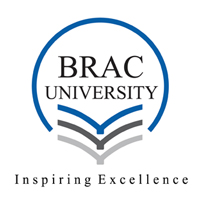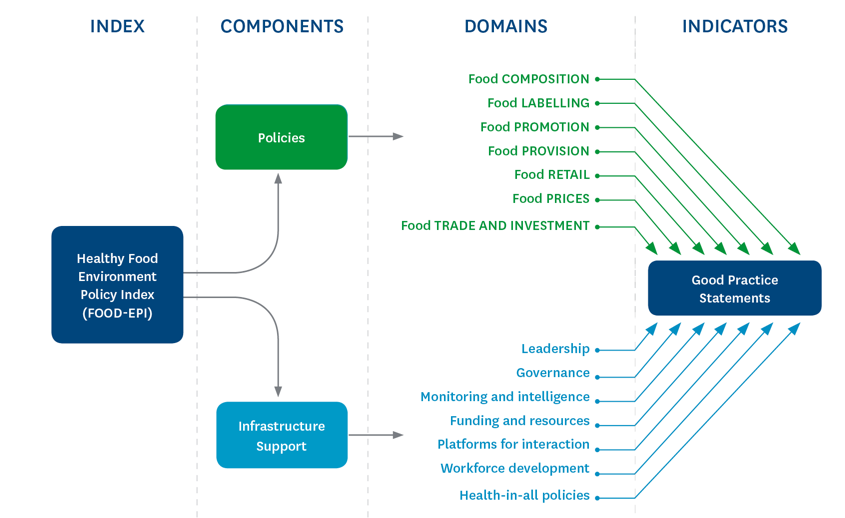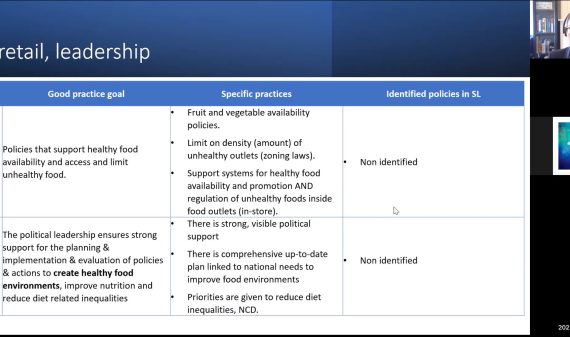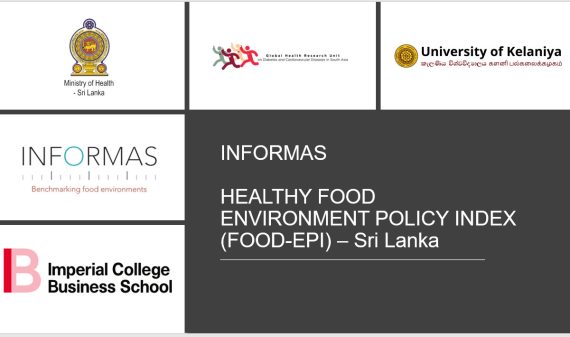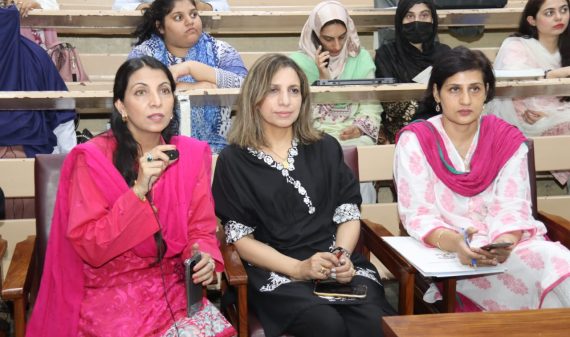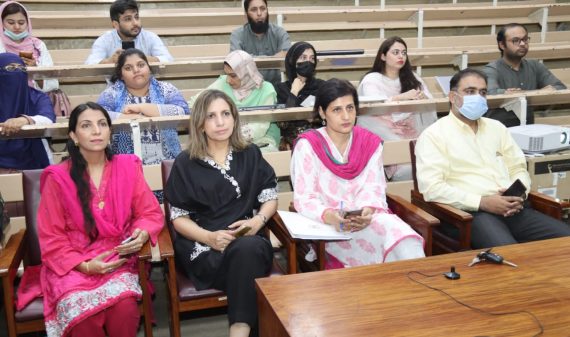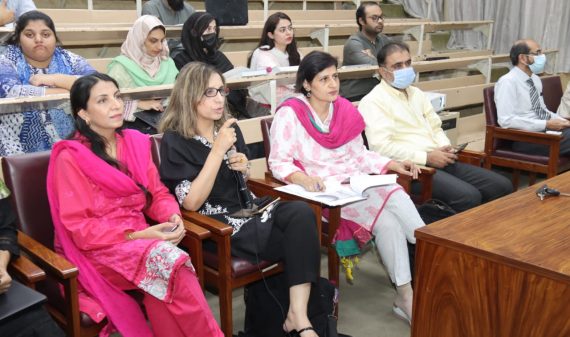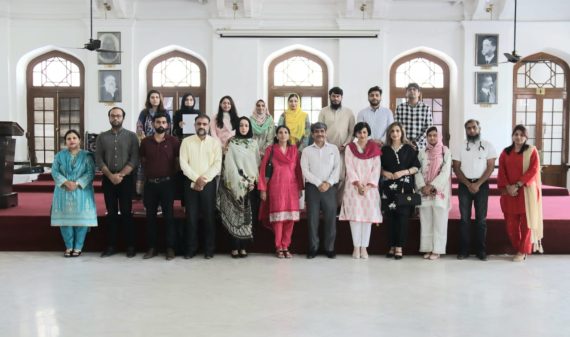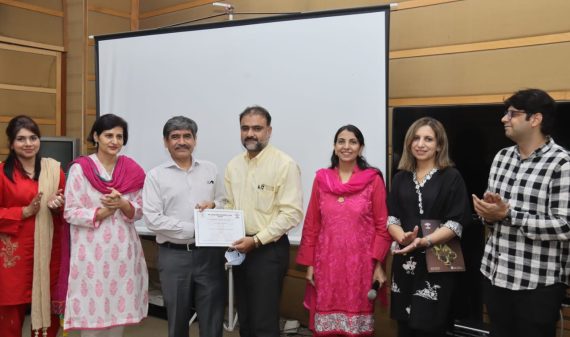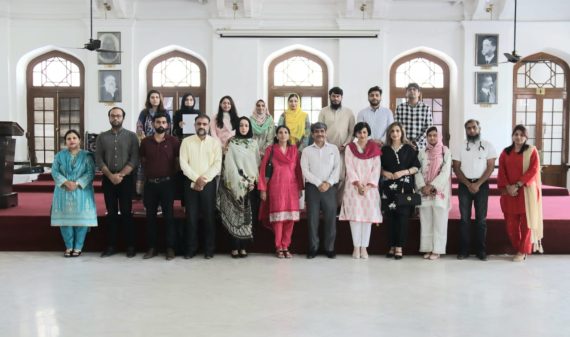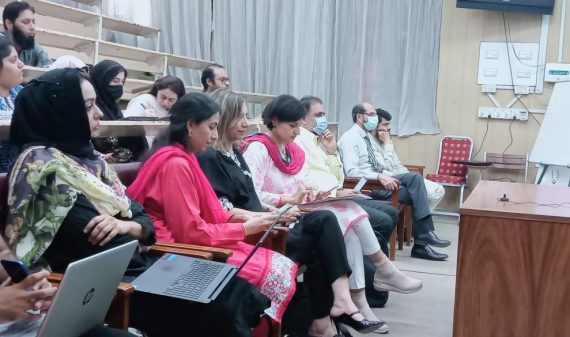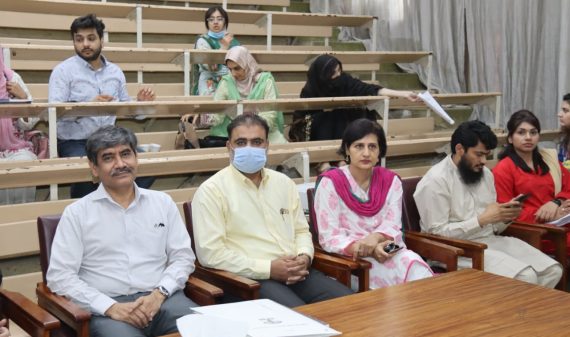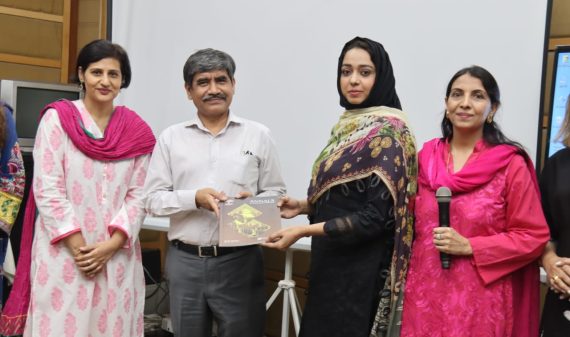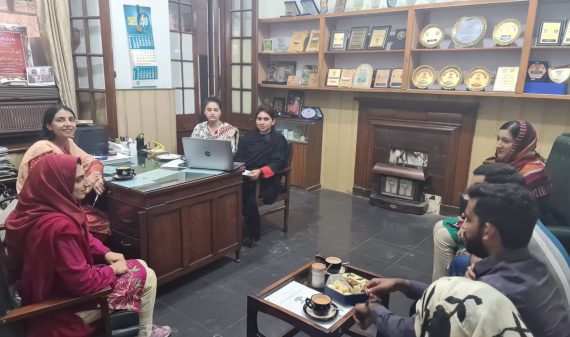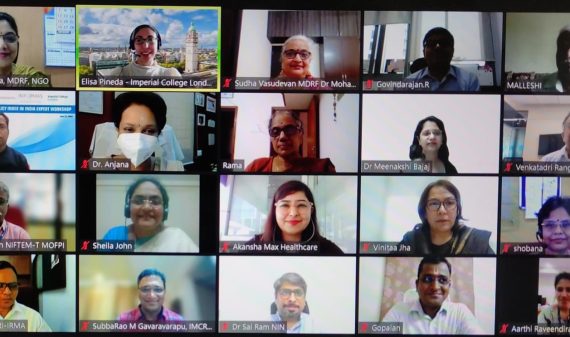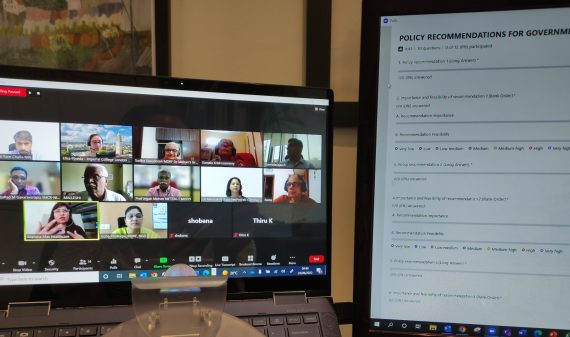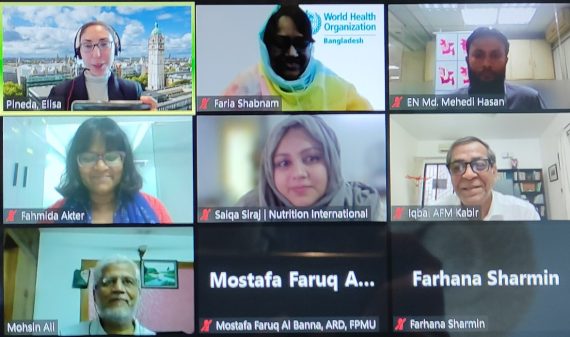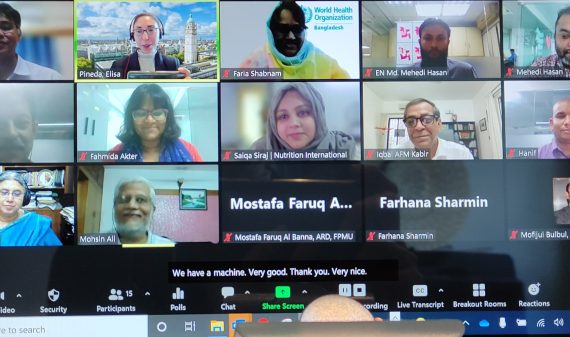Background
Effective government policies and their monitoring is key to improve food environments which enable healthy diets to reduce the risk of obesity, diet-related non-communicable disease (NCDs) and their related inequalities. Food environments are defined as the collective physical, economic, policy and socio-cultural surroundings, opportunities and conditions that influence people’s food and beverage choices and nutritional status. Unhealthy food environments lead to unhealthy diets and excess energy intake which increase the risk of morbidity and mortality. It is crucial that national governments implement policies that support healthy food environment for the prevention of obesity and NCDs. As recommended by the World Health Organization (WHO), monitoring the level of implementation of government policies and actions is important to ensure the progress towards better population health.
Importance of monitoring and benchmarking food environment policies
Food-EPI is an initiative of the INFORMAS Network (International Network for Food and Obesity/NCDs Research, Monitoring and Action Support) and its implementation in Sri Lanka will help identify, monitor, and benchmark food policies in comparison to international best practices. These actions are important to create food environments that foster healthy living and improve nutritional health for the prevention of obesity and non-communicable diseases.
One of the main drivers of the obesity epidemic has been identified as the food system which includes increased supply of cheap, palatable, energy dense foods; increased food mobility leading to increased distributions and convenience and more persuasive and pervasive food marketing. Monitoring the level of implementation of government food policies and benchmarking against international best practice is imperative for progress towards better nutritional health and to create food environments that foster healthy living and address the specific needs of vulnerable groups. Therefore, a joint effort by policy makers is necessary to implement and monitor effective policies that prevent a transition from undernutrition to overnutrition.
The Food-EPI tool consists of two components (Policies and Infrastructure Support), 13 domains and 47 good practice indicators. A national expert panel aims to rate the level of implementation of policies on food environments by the Government against international best practice, and then, based on the implementation gaps, propose, and prioritize key actions for implementation by the government.
People involved
The Food Policy Mapping project in South Asia is part of the GHRU project funded by the NIHR and it is coordinated by the Centre for Health Economics and Policy Innovation (CHEPI) at Imperial College London. Supporting team members of GHRU include Prof Marisa Miraldo, Prof Franco Sassi, Prof Gary Frost, Dr Elisa Pineda, Dr Dian Kusuma, and Prof John Chambers from Imperial College London.
Food mapping in Sri Lanka
The first Sri Lankan Healthy Food Environment Policy Index (Food-EPI) was conducted with a panel of independent and government public health experts in Sri Lanka on 19 November 2021. The Food-EPI Sri Lanka study benchmarked the government’s level of support for improving the healthiness of the food environment against international best practice.
Food-EPI Sri Lanka was led by Dr Renuka Jayatissa, Head of the Department of Nutrition, Medical Research Institute in Colombo, Sri Lanka; Prof Anuradhani Kasturiratne, University of Kelaniya; collaborators from the Ministry of Health in Sri Lanka, Dr Himali Herath and Dr Nalinda Wellappuli and Dr Elisa Pineda from the Centre of Health Economics and Policy Innovation and the School of Public Health at Imperial College London.
Food-EPI has been completed in Sri Lanka by the Centre for Health Economics and Policy Innovation (CHEPI) at Imperial College London, UK.
Collaborating researchers and institutions in Sri Lanka
- Dr Renuka Jayatissa, Head of the Department of Nutrition, Medical Research Institute in Colombo, Sri Lanka
- Dr Himali Herath, Ministry of Health in Sri Lanka
- Dr Nalinda Wellapulli, Ministry of Health in Sri Lanka
- Dr Anuradhani Kasturiratne, University of Kelaniya, Sri Lanka
- Dr Prasad Katulanda, University of Colombo, Sri Lanka
Collaborating Researchers from Imperial College London
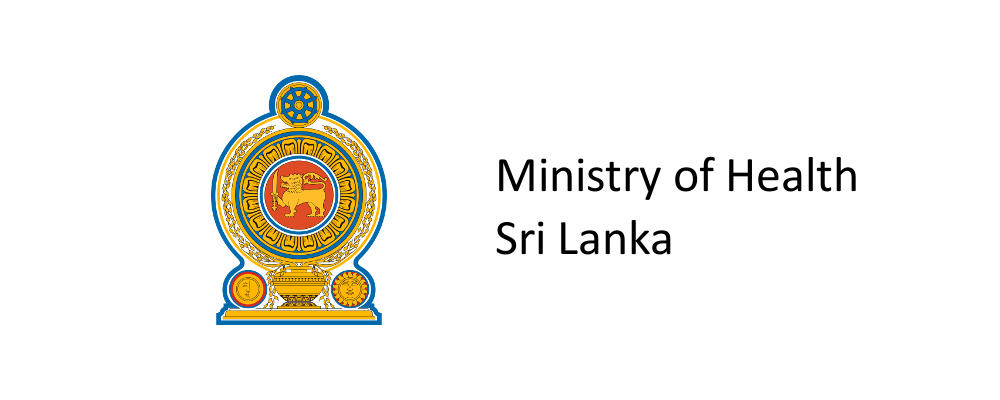
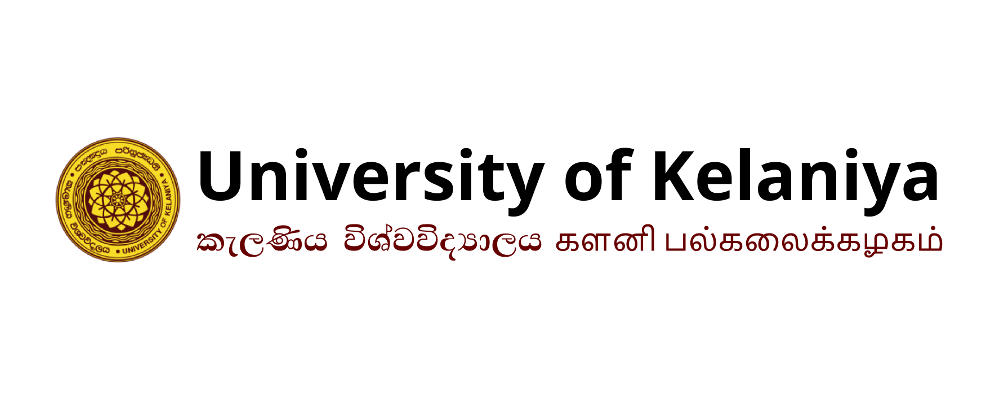


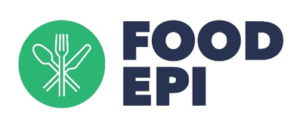
Food mapping in Pakistan
On 4 June 2022, King Edward Medical University in collaborative partnership with Imperial College London organized the first hybrid Food EPI workshop. Government officials, academics, members of the World Health Organization, UNICEF and NGO representatives participated in a hybrid workshop to benchmark food-related policies in Pakistan and to generate priority actions to improve food environments for the prevention of obesity and NCDs. The moderators were Prof Saira Afzal, Dean of Public health, and preventive medicine King Edward Medical University and Dr Elisa Pineda from Imperial College London. Ms Faiza Aziz and Dr Aabish Mehreen facilitated the sessions.
Collaborating researchers and institutions in Pakistan
Stakeholders included participants from King Edward Medical University (senior faculty members, deans, and directors), endocrinologists, nutritional experts, various government departments, Specialized Healthcare, Punjab Food Authority, World Health Organization (WHO), UNICEF, Non-government organizations, Quality Enhancement Cell, research teams and many other important stakeholders joined the workshop. Vice Chancellor King Edward Medical University facilitated the whole team especially guests coming from other cities and visiting the university.
Highlights included the participation from Punjab Food Authority, World Health Organization, UNICEF, Health Department and Academia. Prof Ijaz Hussain, Prof Munir Akhtar Saleemi, Prof Bilquis Shabbir, Prof Haroon Hamid, Prof Nadia Khurshid, Dr Shafeeq Dr Uzma, Ms Farah, Dr Yahya, and Dr Jamshed gave enlightening comments and recommendations for Food-EPI policy.
Prof Ijaz Hussain distributed the Souvenirs and certificates among the participants. Prof Bilquis Shabbir presented vote of thanks. The experts recommended that more workshops should be organized with joint collaborations of all stakeholders for adopting good practices for nutrition in Pakistan.
Collaborating Researchers from Imperial College London
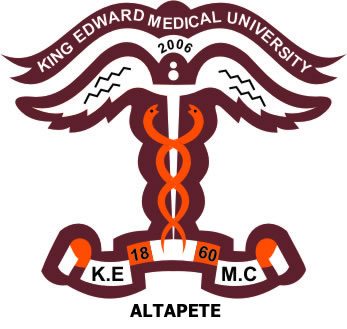



Food mapping in India
On 23 June, 20 stakeholders from government, academia, NGOs, and the food industry met to benchmark food related policies across India. Dr. R. Guha Pradeepa, Senior Scientist & Head of the Research Operations from the Madras Diabetes Research Foundation in Chennai; Ms. Sudha Vasudevan, Senior Scientist and Head of the Department of Foods, Nutrition & Dietetics Research from the Madras Diabetes Research Foundation in Chennai and Ms. Akansha Tyagi and Dr. Vinita Jha from the Max Healthcare (DDF) in New Delhi, hosted the workshop.
Collaborating researchers and institutions in India
- Shobana Shanmugam FNDR
- Dr Govindarajan R
- Dr Guha Pradeepa
- Dr Nagappa Malleshi
- Dr Kamala Krishnaswamy
- Dr Akansha Tyagi
- Dr Menka Loomba
- Dr Sudha Vasudevan
Collaborating Researchers from Imperial College London

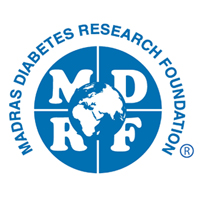



Food mapping in Bangladesh
On 21 June, Bangladesh had its first food policy benchmarking workshop with stakeholders from government, Government agencies like WHO, NGOs and academia. Dr. Mehedi and Dr. Abu Ahmed Shamim compiled the policy evidence document that was discussed and Dr. Malay Kanti Mridha, from Brac University hosted the workshop.
Collaborating researchers and institutions in Bangladesh
- Dr Malay Kanti Mridha
- Dr Abu Ahmed Shamim
- Dr Mehedi
Collaborating Researchers from Imperial College London
